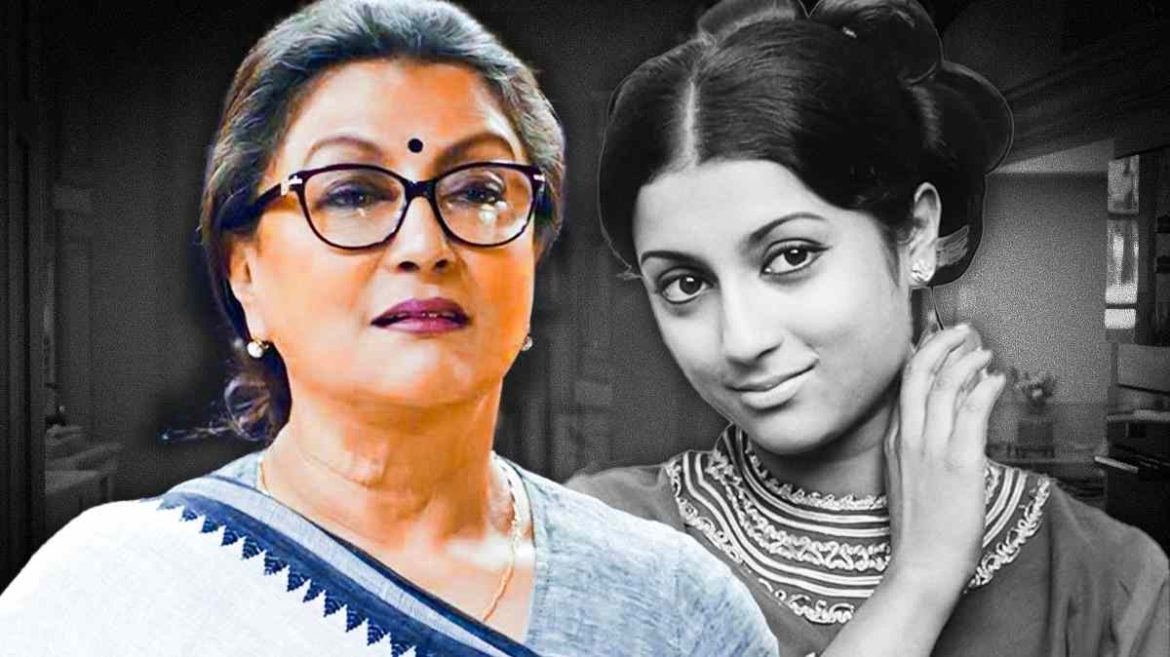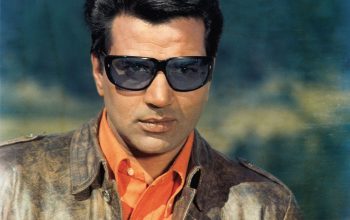Aparna Sen at 80: The Quiet Fire That Still Burns – Celebrating the Iconic Filmmaker and Actor Who Redefined Indian Cinema
By Milind Dharmasena | Entertainment Desk, The New Delhi Chronicle
On October 25, 2025, Aparna Sen turned eighty — a milestone that marks not an ending, but a continuation of one of the most remarkable creative journeys in Indian cinema. Actor, filmmaker, writer, editor, and outspoken voice of conscience, Sen remains an enduring force who continues to challenge convention with every frame she creates.
Her career, which began as a teenager under Satyajit Ray in Teen Kanya (1961), has spanned more than six decades. From the luminous screen presence of Paroma and Basanta Bilap to the critically acclaimed direction of 36 Chowringhee Lane (1981), Paroma (1984), Mr. and Mrs. Iyer (2002), The Japanese Wife (2010), and The Rapist (2021), Aparna Sen’s cinema has always stood for empathy, intelligence, and moral courage.
“I’ve never believed in making cinema for comfort,” Sen once remarked. “I make films that disturb, because disturbance is the beginning of awareness.”That philosophy continues to define her work — probing social hypocrisies, gender politics, and the intimate struggles of women in a patriarchal society.
The Filmmaker Who Made Women Visible
Long before terms like “female gaze” and “gendered storytelling” became common in film discourse, Aparna Sen was already practicing them. Her female characters are not symbols but individuals — fragile, strong, complex, and often caught in quiet rebellion.
In 36 Chowringhee Lane, Violet Stoneham’s loneliness became a metaphor for aging and alienation in a changing Kolkata. Paroma explored the boundaries of female desire and selfhood. In Mr. and Mrs. Iyer, she turned a simple bus journey into a profound meditation on communal identity and humanity.
Each of her films bears a distinctive rhythm — part literary, part cinematic — infused with the melancholy beauty of Bengali realism and the sharp observation of modern feminism.
The Actor Who Never Stopped Learning
Even as she carved her legacy behind the camera, Sen remained an exceptional actor in front of it. Her recent roles, including The Rapist (which she also directed), show the same depth, restraint, and grace that defined her early work. Whether playing urbane sophisticates or conflicted women, Sen brings an honesty that few can match.
A Legacy That Bridges Generations
Aparna Sen’s creative dialogue with her daughter Konkona Sen Sharma has added a new dimension to her legacy. Konkona’s A Death in the Gunj and The Mirror reflect the same emotional intelligence that has defined her mother’s work — proof that the conversation between their cinemas is ongoing, evolving, and inspiring.
At eighty, Aparna Sen remains outspoken, curious, and unafraid. She continues to write, act, and direct — her artistry untouched by time, her relevance sharpened by it.
An Unfinished Story
In an industry that often sidelines women past a certain age, Aparna Sen stands as a beacon of endurance. Her journey tells us that art does not age — it deepens. Her cinema, like her spirit, is both tender and defiant, a quiet fire that refuses to fade.
As she steps into her ninth decade, Indian cinema salutes Aparna Sen — the woman who gave us windows instead of mirrors, who turned silence into language, and who taught us that storytelling can be both rebellion and refuge.




